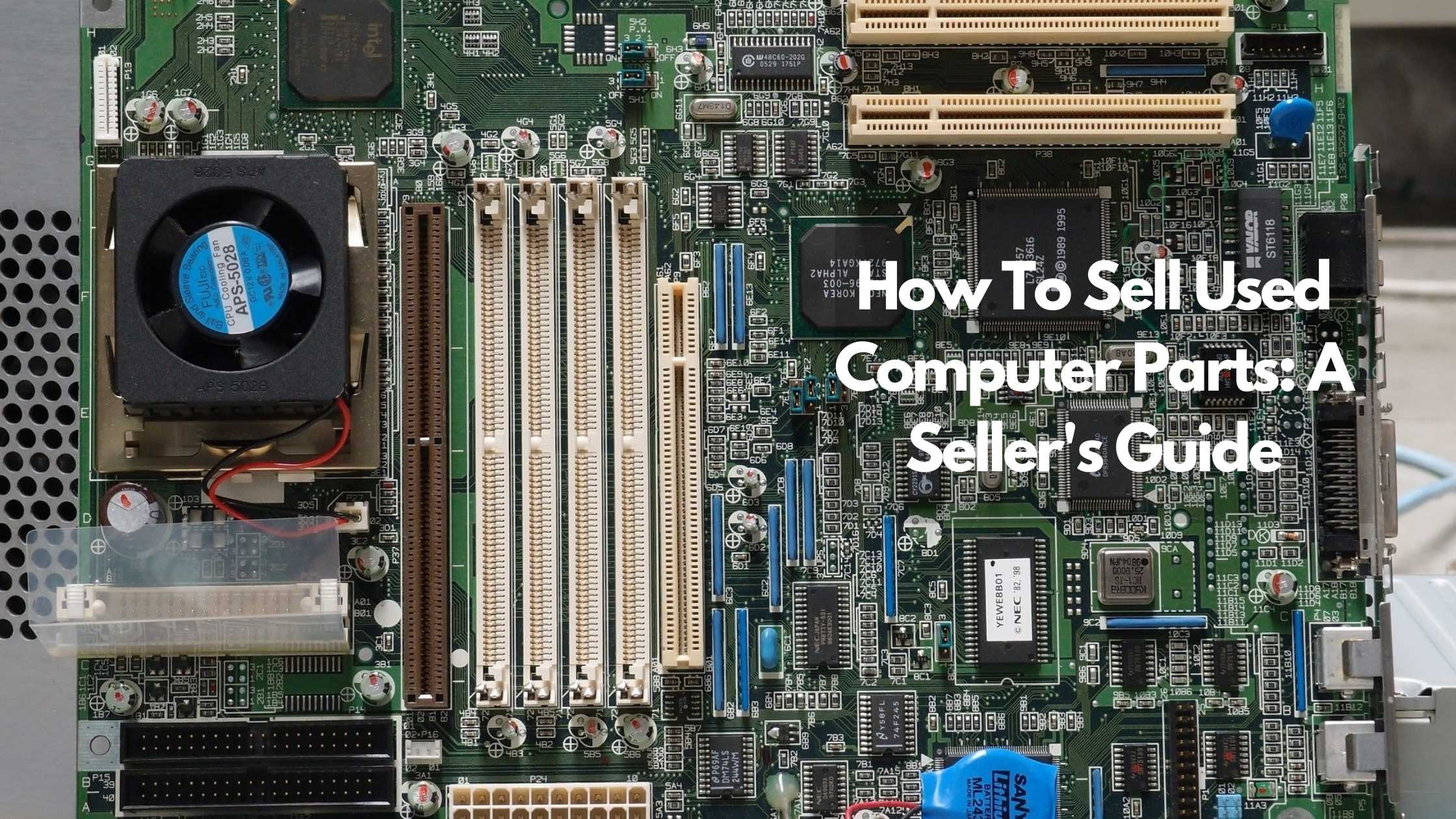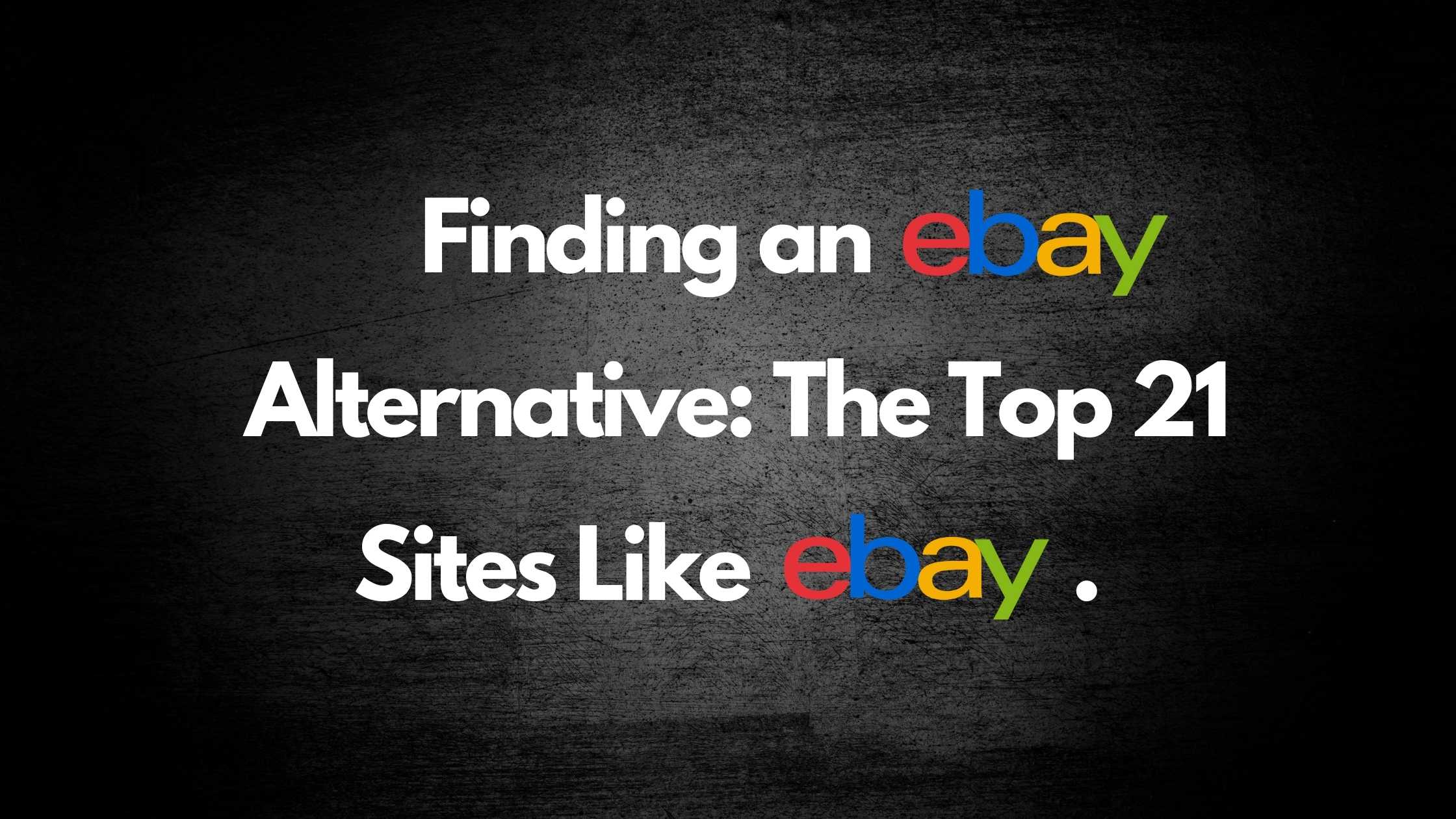
16 Things You Must Never Buy From Thrift Stores
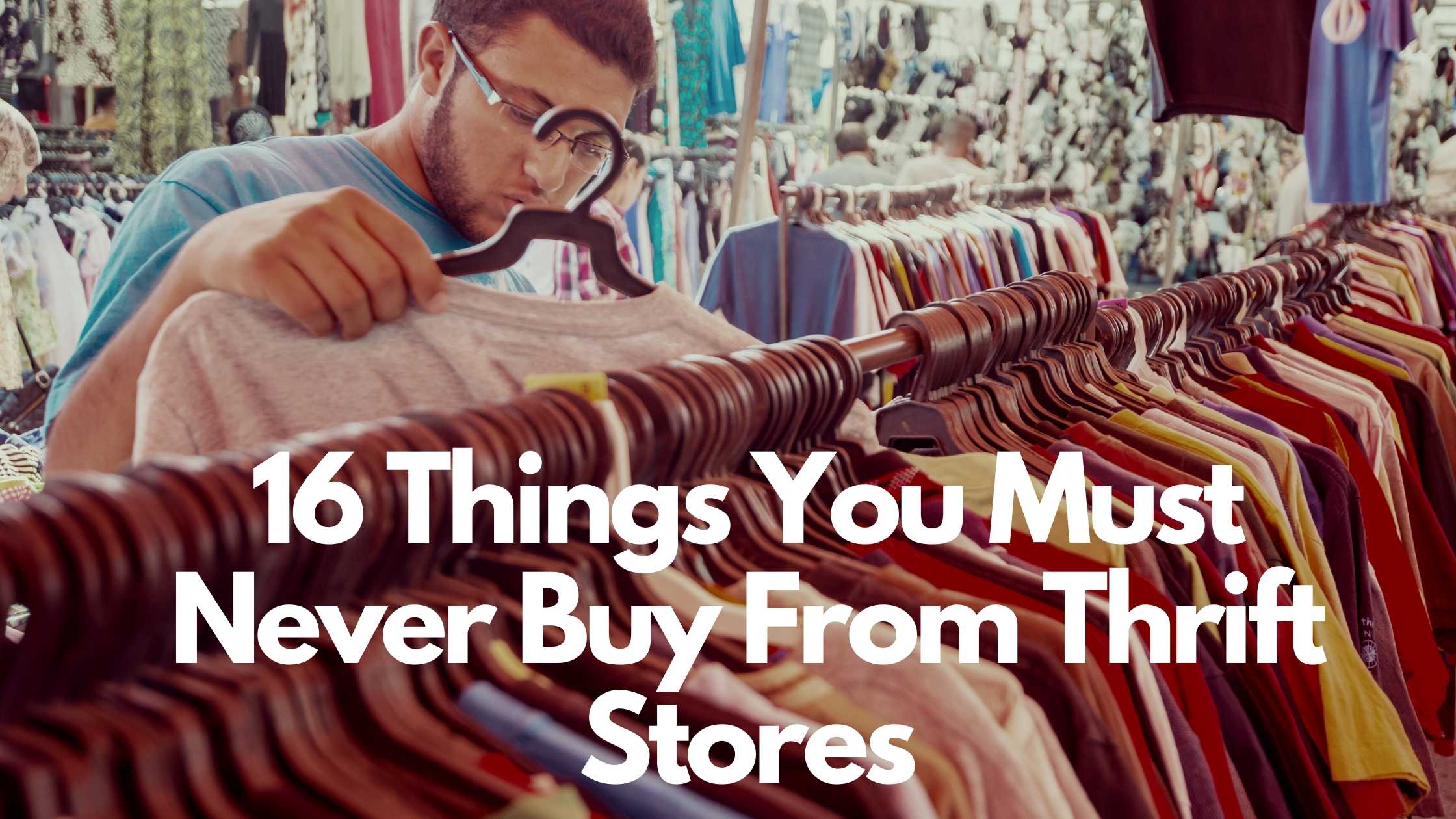
There’s no more relaxing way to spend a Saturday than taking your time combing through your local thrift store. Whether you’re a bargain hunter, trying to find the best deals, a collector searching for hard-to-find novelties, or a reseller looking for unique items to sell online, thrift stores have something for everyone.
However, because most thrift stores don’t allow returns, making a purchase always carries a risk. To save you from making a purchase, you’ll come to regret later; we’ve compiled a list of 16 things you should never buy from thrift stores.
Damaged or Stained Items
Most people wouldn’t consider buying a damaged or stained item from a store. However, at a thrift shop, customers tend to purchase things they usually wouldn’t.
People are often less discerning when shopping at thrift stores, buying items with the intent of fixing them up. However, they usually end up in the back of a closet. The new owner never quite gets around to repairing as they’d planned.
An item isn’t a bargain if you’re never going to use it, no matter how low the price.
If you’re not already the kind of person who repairs furniture or mends clothes, don’t assume that that’s going to change because you found an inexpensive cabinet or dress at a thrift shop.
Clothing That Doesn’t Fit
In the same vein as the previous section, don’t buy clothing that doesn’t fit because it’s a good deal.
It seems obvious, but it’s amazing how often people buy clothes from thrift stores that don’t fit, thinking that they’ll lose weight or make alterations to the clothes. Inevitably, those clothes stay on the hanger once they get home, never to be seen again.
Buying cheap clothes that you can’t use isn’t going to save you money. Even though the prices are low in thrift stores, be selective about your purchases as you would in a traditional retail store.
Cosmetics
Buying cosmetics from a thrift store is a gamble, even if they look sealed or unused. This includes fragrances, hair care products, body lotions, skincare products, and makeup.
Although makeup doesn’t usually come stamped with an expiration date, it’s recommended to replace it regularly, usually within 3 to 6 months of purchasing.
If you buy an item from a thrift store, you have no way of knowing how long it has been in the store or sitting on someone’s shelf before it made its way into the shop.
Previously Worn Shoes
Shoes conform to their owner’s feet over time. Everyone’s feet and stride are different and will cause unique wear patterns on their shoes.
If you wear shoes that were already worn to accommodate someone else, it might cause or exacerbate existing foot conditions. This is especially true of athletic shoes or shoes which you plan on wearing for long periods.
If you do decide to buy shoes from a thrift store, examine carefully to see if they have a lot of wear. Try to stick to shoes that look like they’ve never been worn.
You’d be surprised at how often people buy shoes and decide to get rid of them after wearing them once, twice or never worn. You could sell them at an online marketplace or donate them to a thrift shop.
Helmets
Buying a used helmet is never a good idea, especially if you don’t know the previous owner who can give you the helmet’s history.
Helmets are always updated and improved to be as protective as possible. So buying a used one means buying one that’s potentially less safe than a new one, just by design.
In addition to that, many people don’t realize that helmets are only meant to withstand one crash. So if the helmet has been in a previous accident, it may not be as effective in protecting you.
Car Seats
Keep your little one safe by buying the latest model car seat rather than a used one.
Car seats are continually being refined to comply with current safety standards. So a used one may not be up to code and will not have the latest safety features.
If money’s an issue, try saving a few dollars by buying used baby clothes. Safety items are not the place to try and save money if you can help it.
Cribs
Like car seats, baby cribs are always changing to keep up with the latest safety codes. This means that a used model may be less safe than a new one.
In addition to concerns about the construction of the crib, cribs contain many pieces. It’s not easy to clean every nook and cranny. This makes them potential hiding places for bedbugs, which are the last thing you want to expose an infant to.
While it’s understandable to want to save money on big items like furniture, when your baby’s health and safety are on the line, it’s best to buy new if you can.
Strollers
Not only are strollers subject to the same safety regulations as cribs and car seats, they’re almost impossible to clean.
Think of how many folds and seams are in a stroller. Now think of the mess that babies and toddlers make. Put the two together, and you have a piece of equipment that’s nearly impossible to clean thoroughly.
As with other children’s safety items, it’s also good to buy the most recent model, so that you’ll have the latest safety features available.
Vintage Dishware
Vintage dishware is often beautiful, with ornately painted designs that make them almost too pretty to eat off.
Unfortunately, you really shouldn’t eat off vintage dishware, because the paint used to decorate it could be deadly if it contains lead.
Lead, of course, is a deadly chemical that we would never put in kitchenware nowadays.
But not too long ago, people didn’t realize how toxic it was, and regularly used it in paint, even for kitchenware. Lead paint for home use was banned in the 70’s, but some vintage items still contain it, so use caution if an item looks like it dates further back than the 80’s.
Antique Crystal Decanters
There’s nothing classier than a crystal decanter set to display on your bar at home. But antique crystal contains lead, making it unideal for storing beverages that you plan to drink.
If you’re looking to class up your drinkware, there are plenty of places online to find unique lead-free items.
Antique crystal glasses also contain lead, but there’s some debate over whether they release enough lead into beverages to be dangerous.
It’s agreed that the longer a liquid sits in crystal glasses or decanters, the more lead is released. Storing a beverage in a lead container will cause the beverage to absorb more of the chemical.
Lead can have such a profound effect on health, affecting the brain, kidneys, and nervous system. It’s best to play it safe when it comes to drinking out or storing beverages in antique crystal vessels.
Mattresses
Although just about any item can technically harbor bedbugs, mattresses are often a hot spot, making them a risky item to buy used.
Because of their size and construction, mattresses are also really hard to fully clean. Buying a used one when you don’t know who previously owned it might not be the best idea. The last thing you want to do is get a mattress home, only to realize that it’s got an odor that just can’t be eliminated.
Even if you’re confident that the mattress is clean and bedbug-free, they tend to conform to their first owner’s body. So after a night or two, you might start noticing lumps and bumps that aren’t in the best places—making for an uncomfortable night’s sleep.
Vacuum Cleaners
Vacuum Cleaners aren’t the best thrift shop purchase for a couple of reasons:
- They often don’t last for more than a few years even when new, so who knows how soon a used one will break down
- They’re impossible to get completely clean. So they can bring pet dander, dust, and other allergens into your home.
If you’re looking for an inexpensive vacuum, wait until they go on sale at a retail store, that would be a safer bet.
Dog Toys and Beds
Unless it’s a hard toy that you can boil to sanitize, buying used pet toys or beds at a thrift shop is risky.
Soft items can harbor parasites like fleas and mites responsible for diseases. So you don’t want to expose your dog to them.
Plus, even if cleaned, used dog items are going to smell like other dogs, which your dog might not appreciate. This can trigger territorial marking, which means you’ll have a mess to clean up.
Old Painted Furniture
In the same way that vintage kitchenware often contains lead-based paint, vintage furniture may be coated with lead paint.
Unless the thrift store allows you to use a swab test on the furniture to check for lead, it’s good to refrain from purchasing just in case.
Be especially careful of items on which the paint is chipping or peeling, as the flakes send up lead dust, which can be inhaled.
Plastic Water Bottles
Plastic bottles are notoriously hard to clean, making them germ havens.
There’s no telling where a water bottle from a thrift store has been, what’s been in it, or its previous owner’s hygiene habits.
Even if you’re able to clean and sanitize the bottle thoroughly, there’s no way of telling whether it leaks until you get it home.
Halogen Lamps
If you find an old lamp in a thrift store, chances are it contains a halogen bulb.
Although halogen bulbs burn brighter than newer LED bulbs, they also use more energy and burn hotter, making them a fire hazard.
Many new lamps and light fixtures have protective glass, which keeps the bulb from coming into contact with flammable things like your curtains. Older lamps don’t have this safety feature.
If you just can’t live without the lamp, at least replace the bulb with a safer LED one.
Things You Should Always Buy From Thrift Stores
Now that we’ve given you an idea of what not to buy in thrift stores, here are a few items that make for great purchases at thrift stores.
Books
Why spend $25 on a new book when you can wait and find it at a thrift store for cents on the dollar?
Plus, in addition to old best sellers that people have gotten rid of, you can often find obscure titles that you’d never have thought to look for.
Make sure to keep your eye out for rare and antique books, or valuable first editions, too, which occasionally make their way into thrift stores.
Records and Tapes
Not much brings back a sense of nostalgia like flipping through stacks of old records, cassettes, or VHS tapes.
Even if you don’t have anything to play them on, records make great wall art, and tapes make interesting conversation pieces or even collectibles, depending on their condition.
If you have a friend who’s into classic films or old school rock ‘n’ roll, see if you can find a record of their favorite band or a VHS tape of a movie they love for a fun, unexpected gift.
High-End Clothing
Every serious thrifter has a story about that one piece of designer clothing that they found almost for nothing at a thrift store.
It’s not uncommon for high-end clothes to make their way into thrift stores unworn, or having been worn one time.
People buy clothes that don’t fit, and they don’t get around to returning them. It sounds crazy, but it happens with expensive clothes too.
Thrift stores are great for feeding your need for fashion without draining your wallet.
Costume Jewelry and Accessories
Not sure if you’re an accessories kind of person?
Pick up a few pieces of costume jewelry or a cool pair of sunglasses from a thrift store, and you can try out a new style with very little financial investment.
The low prices make it affordable to try out a few looks and get the feel before spending a ton on new items.
Picture Frames
Just about every thrift store has an aisle dedicated to frames, so no matter what style you’re looking for, they’ll probably have it.
If they don’t, buy a cheap one and give it a makeover to suit the look you’re going for. This can also make a great gift idea or give the kids something to work on at craft time.
Mirrors
If you’ve ever looked into buying a good-sized mirror, you know how expensive it can be.
Thrift stores can be great places to pick up antique mirrors and modern mirrors alike, for much less than they cost new.
Just like with picture frames, mirrors can be spruced up to suit your style pretty easily, if you don’t find one you love as-is.
Athletic and Fitness Gear
Thrift stores get a ton of donated fitness gear from people who buy it with the best intentions but never get around to use it. (We’ve all been there.)
Next time you’re on a fitness kick, check your thrift store for used items before overpaying for new ones.
Sports equipment is also a great find, as people (or their kids) lose interest in a sport before the equipment gets much use.
Just remember what we said above about helmets – the same goes for all safety equipment. Anything that’s directly involved in keeping you safe from injury should be bought new.
Baby Clothes
If you or a loved one has had a baby, you know that two things are true:
- Babies outgrow their clothes insanely quick
- Baby clothes can be insanely expensive
Why overpay for something you’re only going to be able to use for a few months? May as well pick up some used items at a thrift store – they’re usually in great condition because someone’s baby only wore them for a short time before outgrowing them.
Learn more on what baby items you should buy used.
Read this article on where to sell beauty products.
Final Thoughts on Buying Used
Buying used is good for your wallet, and an amazing way to find items that no one else has.
Whether you buy at thrift stores, online marketplace, flea markets, or yard sales, you’re sure to buy used or new items at a fraction of the cost.
Although everyone likes a good deal, remember that some items are better bought new. Keep in mind that if it can’t be cleaned thoroughly or safety is outdated, it might be best to buy new.
Recommended Blog Posts:
TRENDING


Online Arbitrage for Beginners (Step-by-Step Guide)
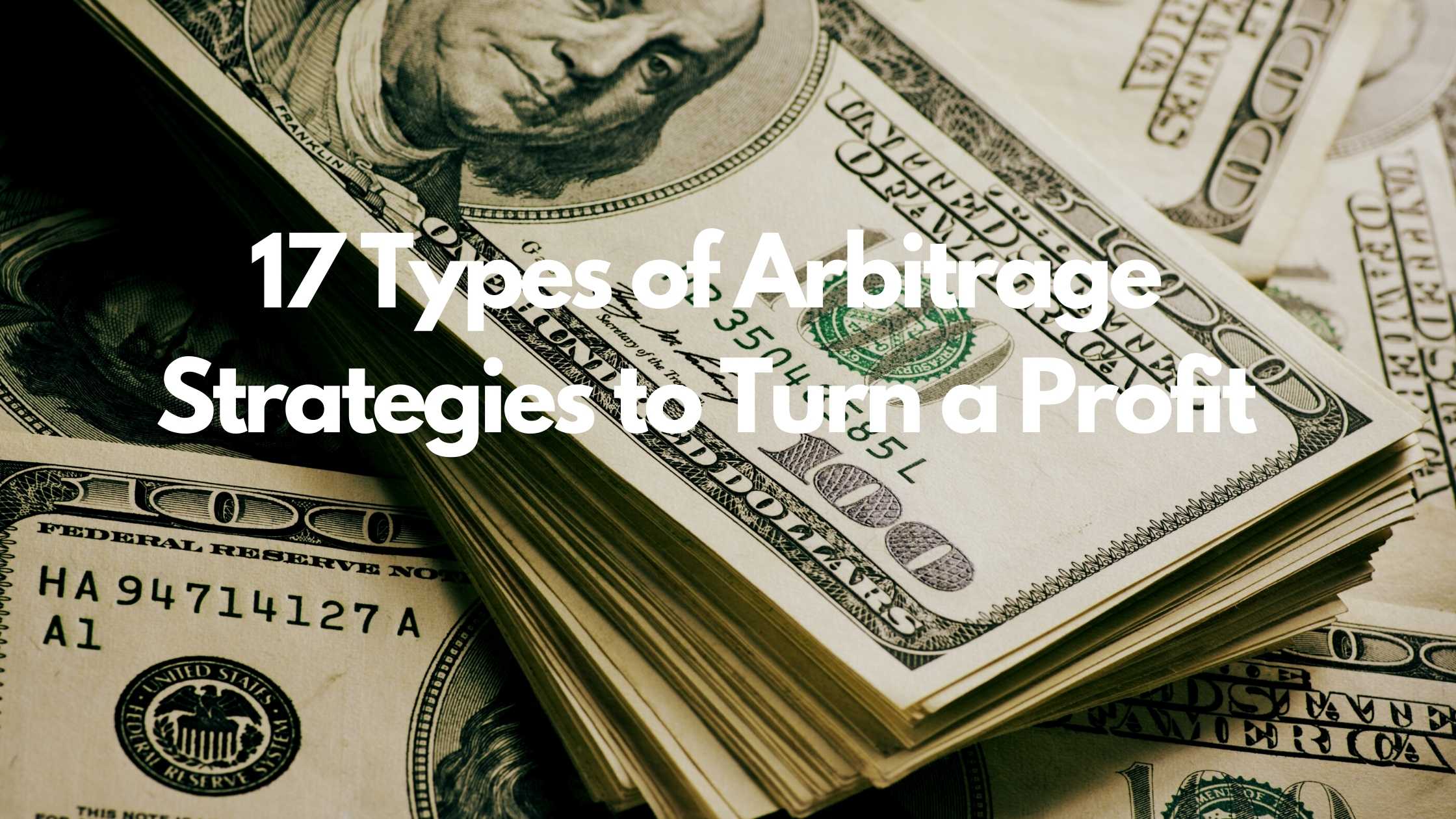
17 Types of Arbitrage Strategies to Turn a Profit
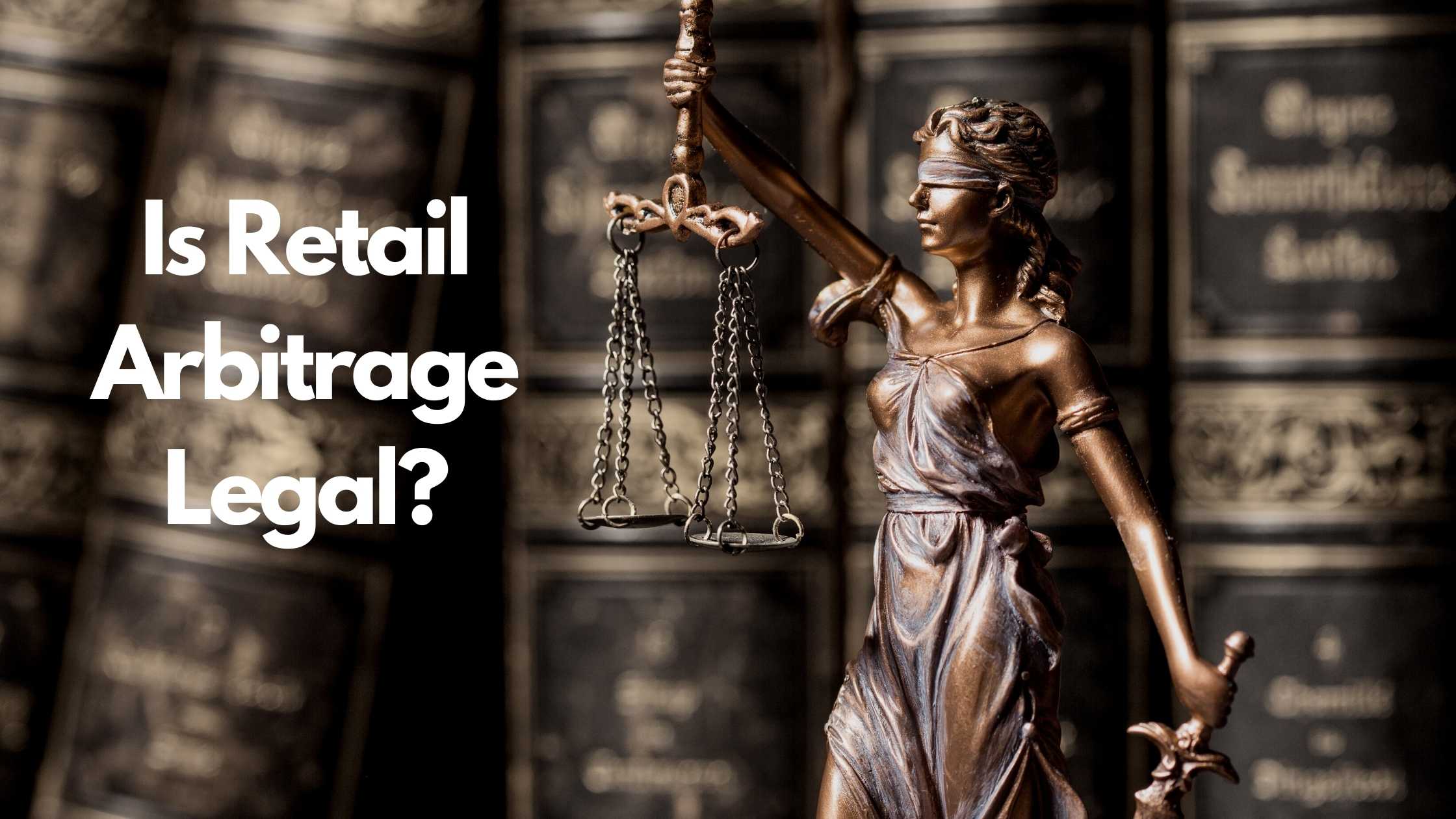
Is Retail Arbitrage Legal?
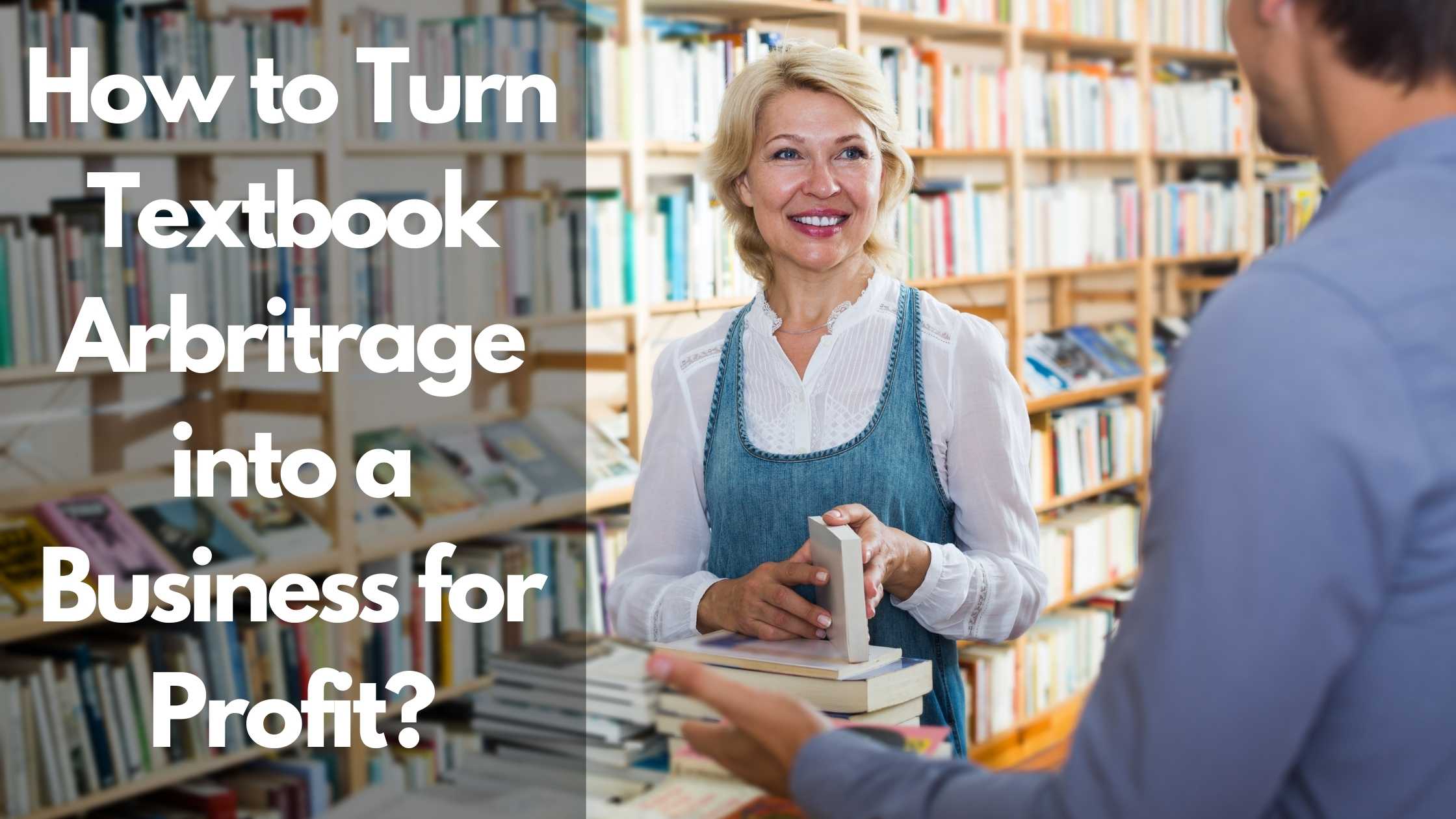
How to Turn Textbook Arbitrage into a Business for Profit
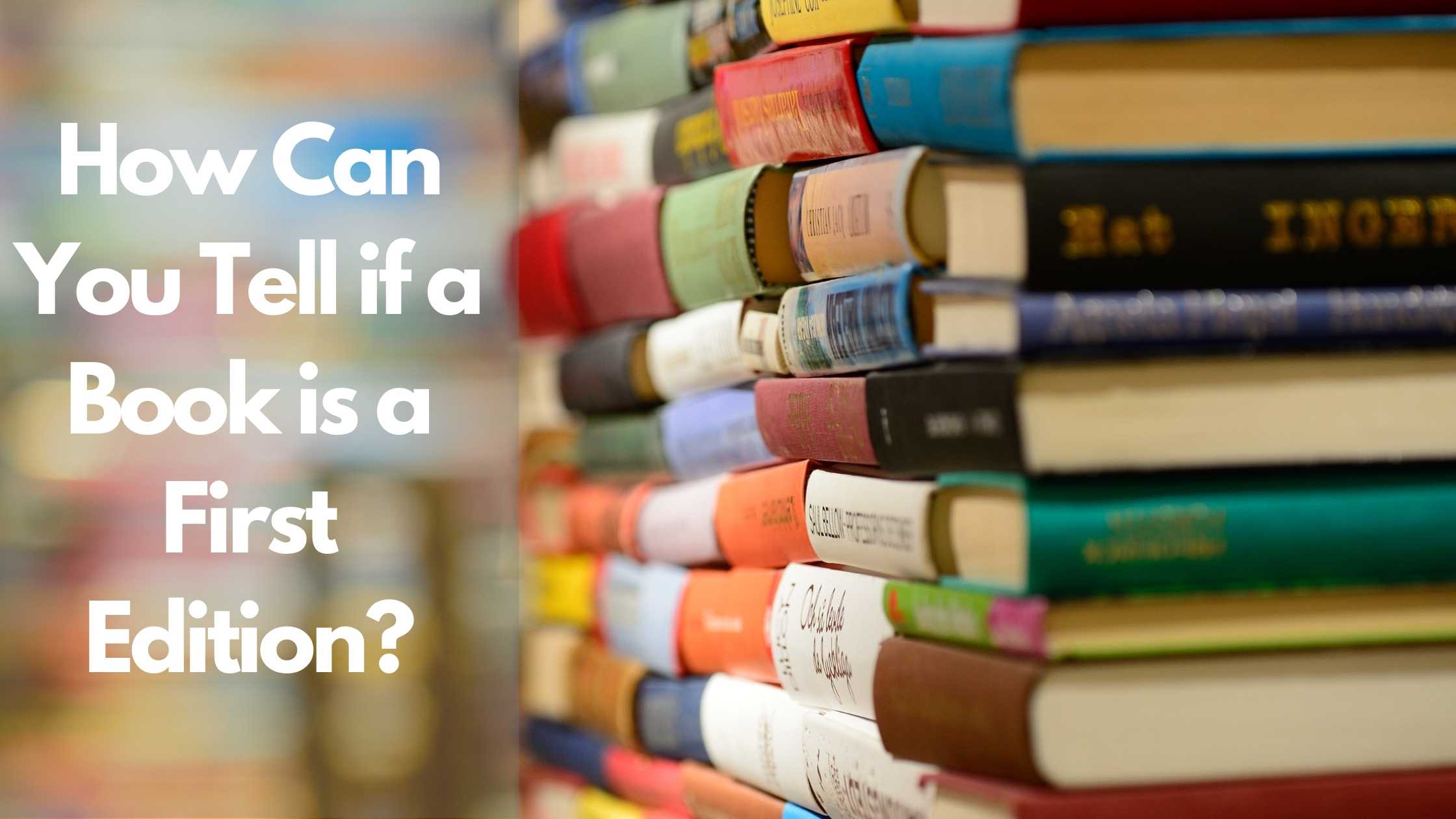
How Can You Tell if a Book is a First Edition?

What to Do With Your Jigsaw Puzzle When Finished?
